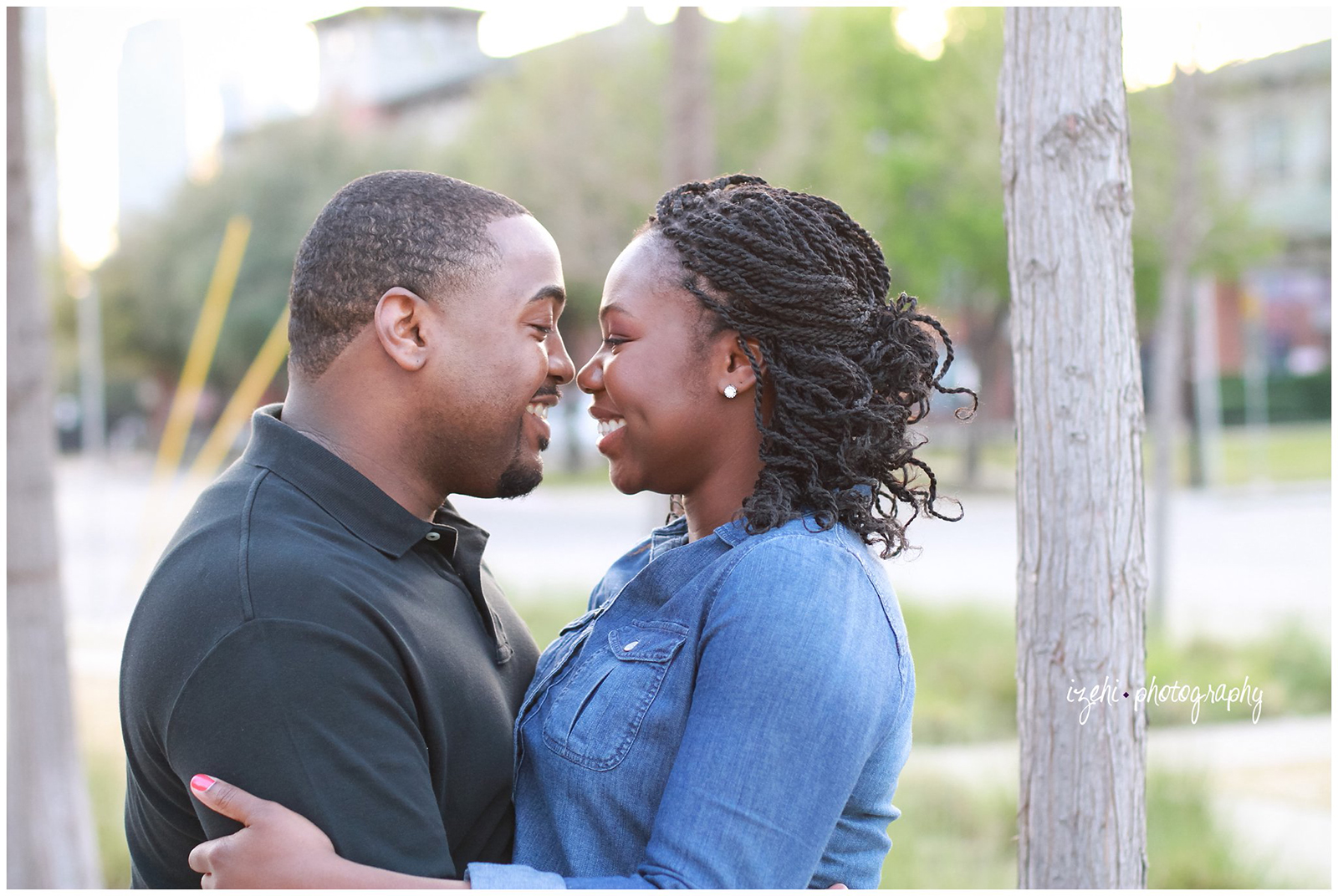Welcome to 30 Days Of Love, our one-month initiative to bring you closer to the love you deserve just in time for Valentine’s Day. Today, we’re shining the spotlight on communication—and its role in a fulfilling relationship.
Below are 30 of the most crucial tips for healthy partner-to-partner communication. Read carefully; Your relationship might depend on it.
1. Listen well. The power of listening in any relationship can not be emphasized enough. It doesn’t mean being silent until it’s your turn to talk. It doesn’t mean listening only to the things that help bolster your argument and ignoring rest. It means listening with an open mind and really hearing what your partner is saying. It means considering the possibiity of being swayed by your partner’s side of things.
3. Ask questions. It’s the best way to clear up any confusion you might have about what your partner is really saying.
4. Validate your partner’s feelings. One of the most frustrating dynamics you can have in a relationship is the sense that your partner isn’t acknowledging your feelings or taking them seriously. You don’t have to agree, but you should accept.
5. Don’t take cheap shots. Resist the urge to be vindictive or push buttons. It’s not just a completely ineffective communication strategy, but it can breed resentment over time. Some jabs are impossible to ever fully recover from.
6. Don’t sugarcoat things. If something’s bothering you, say so. If something isn’t working, be frank about it. Things won’t always be palatable. You may be trying to keep the peace, but by holding back, you’re doing yourself, your partner and your relationship a disservice. Inauthentic communication breeds inauthentic results and chips away at trust.
7. Use engaged body language. When you check your phone or tidy up while your partner is talking, you’re communicating that you’re distracted or worse—that you don’t think your partner is worth your undivided attention. Put away all diversions, sit still and focus on your partner.
8. Pay attention to your partner’s body language. Recognizing nonverbal cues—like arms across the body that show your partner is closed off or a leaning in, which shows he’s open and doesn’t feel threatened—will help your rapport enormously.
9. Stay on topic. If you’re discussing summer vacation plans, don’t use this as an opportunity to discuss when you’re going to get around to putting the air conditioners back in the windows this year. Stick with one plan at a time.
10. Don’t reopen old wounds. “And another thing…” is one of the most dangerous phrases in the history of communication. Once decide you’re going to put an issue to rest, move on and don’t look back. Forgiveness heals.
11. Be transparent. Radical honesty—revealing everything you’re feeling, thinking and doing at all times—may be a bit extreme for most people, but at its heart is an effective strategy: The more you share with your partner—even the day to day stuff like what time you’ll be home and which train you’re taking—the closer your partner feels to you and the more trust is built.
12. Consider your tone. Sometimes it actually has less to do with what you’re sayng and more to do with how you say it. Even something your partner doesn’t want to hear can be easier to take when said in an effective tone.
13. Choose your words with care. You can’t un-say something; Once it’s out it’s out. So before you speak, think, “Am I really saying what I mean, and am I hurting anyone by saying it this way?”.
14. Repeat back what you’re hearing. Miscommunications happen when one person says something and the other person hears something totally different. Eradicate confusion by confirming what you thought you heard your partner saying. Use this strategy only when you need it, so as not to come off as condescending.
15. Make sure your actions match your words. “Don’t tell me, show me.”







